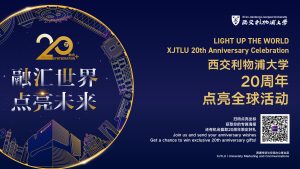19 May 2025
The year 2025 is the 10th year I have been in Liverpool. About 12 years ago, I was proud to become an XJTLUer as an undergraduate chemistry student. Since 12 years is such a long time, I cannot recall many details but I still remember the first day, when I met the students and faculty in the Department of Chemistry.
When I first joined XJTLU, students enrolled under broader academic streams rather than specific programmes. I was part of the Physical Science, which meant I still needed to choose a particular direction—among Chemistry, Biology, and Environmental Science. One otherwise unremarkable evening, the Department of Chemistry hosted an induction event for new students on the fifth floor of the SA building. The event included an introduction to the department, a chance to meet the academic staff, as well as a lab tour and demonstrations. However, what truly solidified my decision to join the Department of Chemistry was not the planned agenda—it was the enthusiasm of the staff and their patience, when answering questions. I love this kind of academic atmosphere.
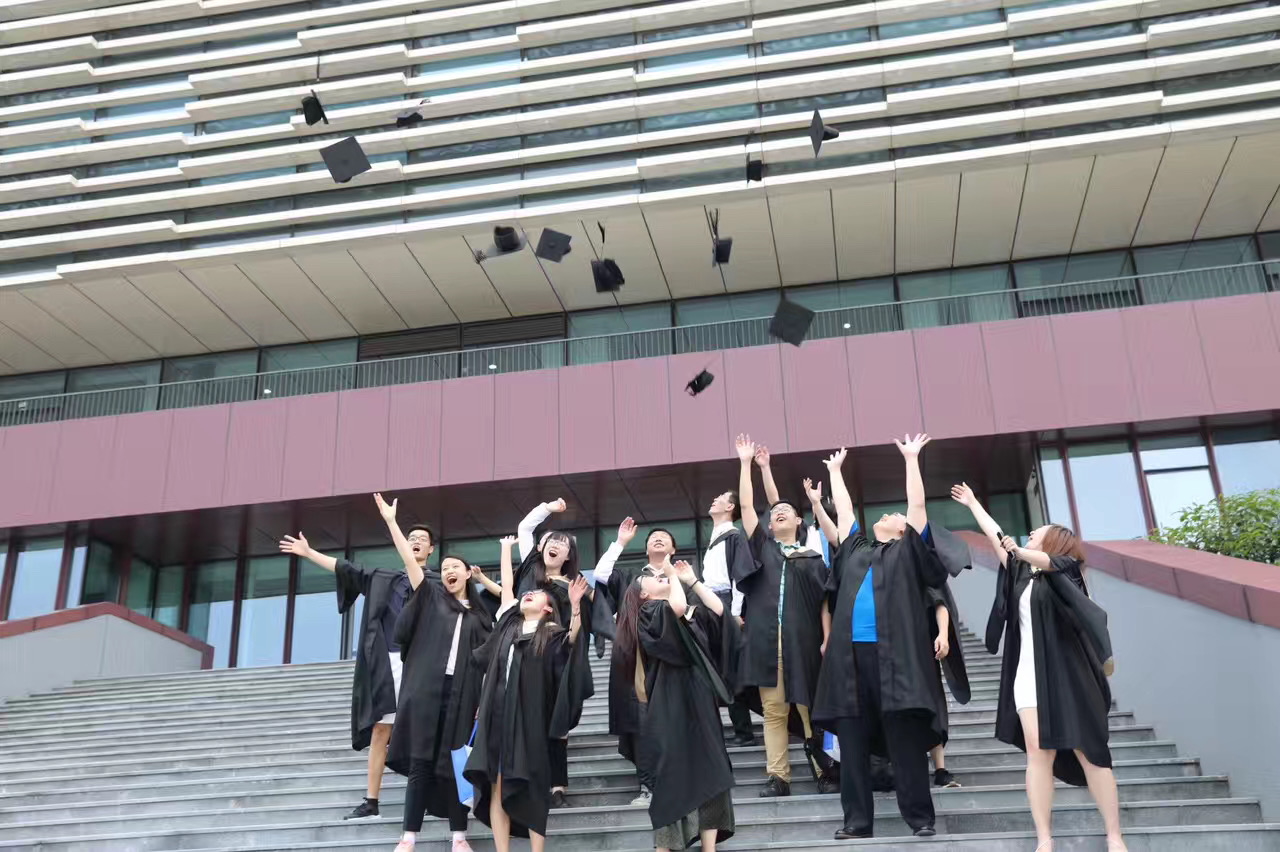
Figure 1. My graduation ceremony in XJTLU
Later, I knew that I was part of the fourth cohort of students of the Department of Chemistry at XJTLU. That year, there were over 100 students in the Physical Science. Among them, more than 70 chose Biological Sciences, around 10 selected Environmental Science, and I was one of 20 who entered the Chemistry programme. Perhaps because of the small class size or the enthusiasm of the academic staff, the two years in the Chemistry Department at XJTLU were truly enjoyable. I also developed good and long-term relationships with many academic staff. Even 12 years later, many of them still remembered my name.
Chemistry is a discipline that combines both theory and practical work, involving a solid foundation of scientific principles alongside extensive laboratory experience. As a result, whether at XJTLU or at the University of Liverpool (UoL), I devoted most of my time on my subjects and lab skills. However, academics were not all my university life. During my two years of undergraduate studies at XJTLU, out of interest, I took part in a wide range of activities, such as the Maths Society, Chemistry Society, and Tai Chi Society, as well as volunteering for university events like Open Days and Induction Event. These experiences broadened my social network and helped me improve my communication skills.
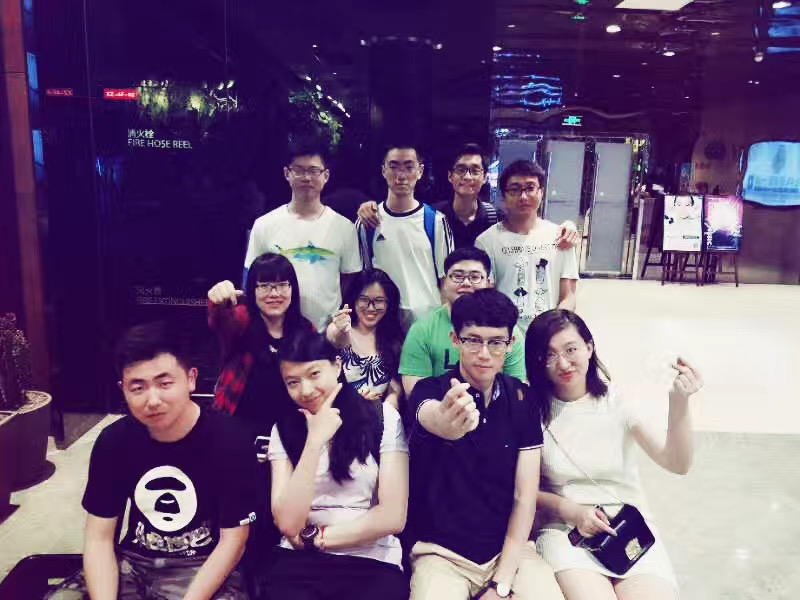
Figure 2. Classmates in XJTLU
Life in Liverpool was not as varied as it had been at XJTLU. For the final two years of my undergraduate studies at UoL, the lab sessions and different modules, combined with the unfamiliarity of a new environment, pushed me to dedicate more time on the lecture notes and assignments. I still remember when deadlines or exams approached, classmates would spontaneously gather to help one another work through challenging problems. This motivated me a lot to do my very best. Despite the busy schedule, I maintained my weekly practice with the Tai Chi Society, a habit that stayed with me until graduation.
In the final year, I joined a research project supervised by Prof. Nick Greeves—the ChemTube3D website—an unforgettable opportunity to work with the author of our organic chemistry textbook. Unlike traditional lab-based research, this project brought me into a new area of chemistry. However, the project also made me start thinking about the future. Chemistry is a big subject with many sub-fields and further specializations. I spent the last few months of my undergraduate studies thinking and wondering which path to take. In the end, I decided to stay at Liverpool to continue my postgraduate studies.
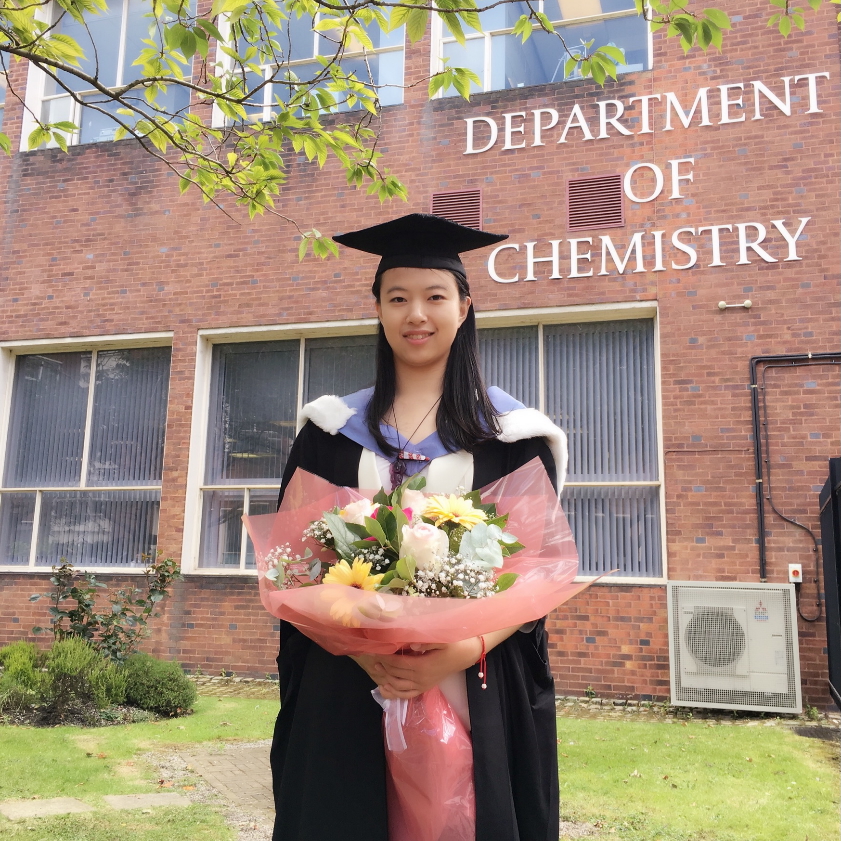
Figure 3. My graduation ceremony in Liverpool
Looking back, my postgraduate year at UoL was the busiest time in my academic life since starting university. As I had already completed several high credit modules during my undergraduate studies, I ended up taking 12 modules and completing a research project over the course of a full year to build up my credits. This was a challenging experience but also helped me explore more advanced topics in chemistry. Through this, I settled on the direction of my PhD research. It is worth mentioning that the research project I joined was led by Prof. Mathias Brust. He is an inspiring scientist - creative, insightful and passionate. His research philosophy and lifestyle have given me a new perspective on what it means to be a scientist.
By the end of my first year of PhD studies, I found a sense of clarity. I stopped feeling anxious about the future, and this helped me stay calm and focused. Around that time, I started using 3D printing for my experiments, and it soon became a new hobby and a useful tool to my research. During the pandemic, I also developed an interest in gardening, saving and growing the seeds from supermarket-bought vegetables and fruits. Now, I can jokingly say that the amount of fruit I harvested is several times greater than the number of articles I published.
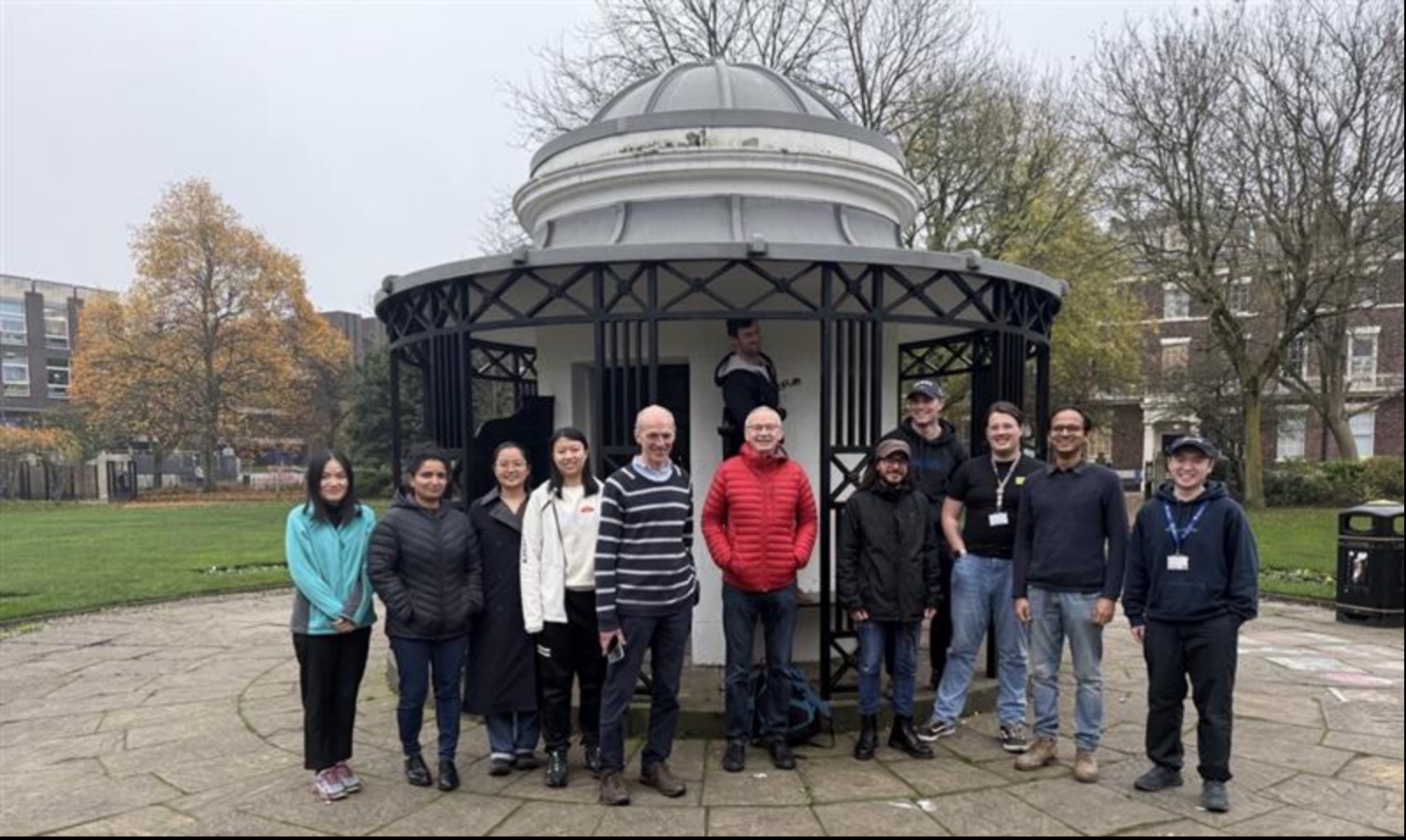
Figure 4. Group photo
My research area is molecular electronics. It studies the electrical properties of single molecules or large molecular systems at the nanoscale. The goal is to develop molecular-scale devices that could become alternatives to silicon-based electronics. I chose this field out of my curious. As my research progressed, I realized that this is an interdisciplinary field. Single background knowledge is not enough; learning in this field never really stops. Fortunately, I met excellent supervisors. Prof. Richard Nichols, my supervisor has always been patient and supportive. Prof. Simon Higgins has a broad and deep knowledge of the field. And Prof. Andrea Vezzoli, whom I consider a brilliant scientist, constantly inspires me. They are the kind of researchers I hope to become in the near future.
Now, I work as a postdoctoral researcher in Prof. Nichols' group, contributing to the QMol research project, which is a collaboration between the University of Liverpool, Lancaster University, Oxford, and Imperial College. This work has allowed me to meet world renowned experts in different areas of the field and learn about molecular electronics in a broader context.
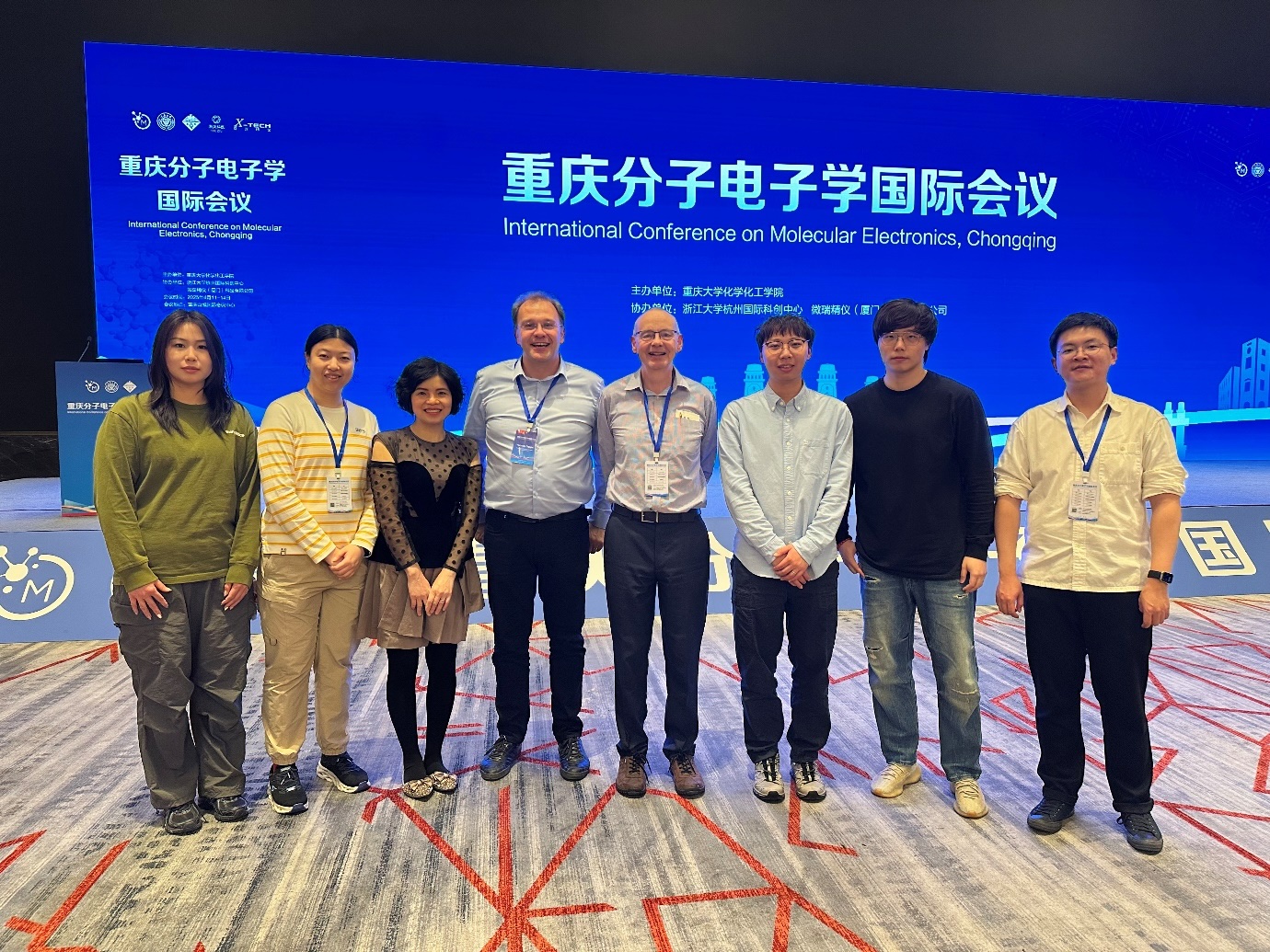
Figure 5. Chongqing International Conference on Molecular Electronics
In April, 2025, I had the honour of attending the International Conference on Molecular Electronics in Chongqing, China with my supervisor. There, I met many excellent researchers. After the conference, I come back to the Department of Chemistry at XJTLU, thanks to the invitation from Prof. Li Yang to my supervisor. Prof. Nichol’s. It was an amazing feeling - having been a student here and now returning as a scientist collaborator.
From my undergraduate days to now, I never considered myself a top student or a particularly hard-working one. My journey has been quite ordinary. Luckily, my intellectual interest has always been my driving force. I believe in step-by-step learning and cumulative experience. I enjoy what I do and look forward to exploring more in the field I love as my career grows.
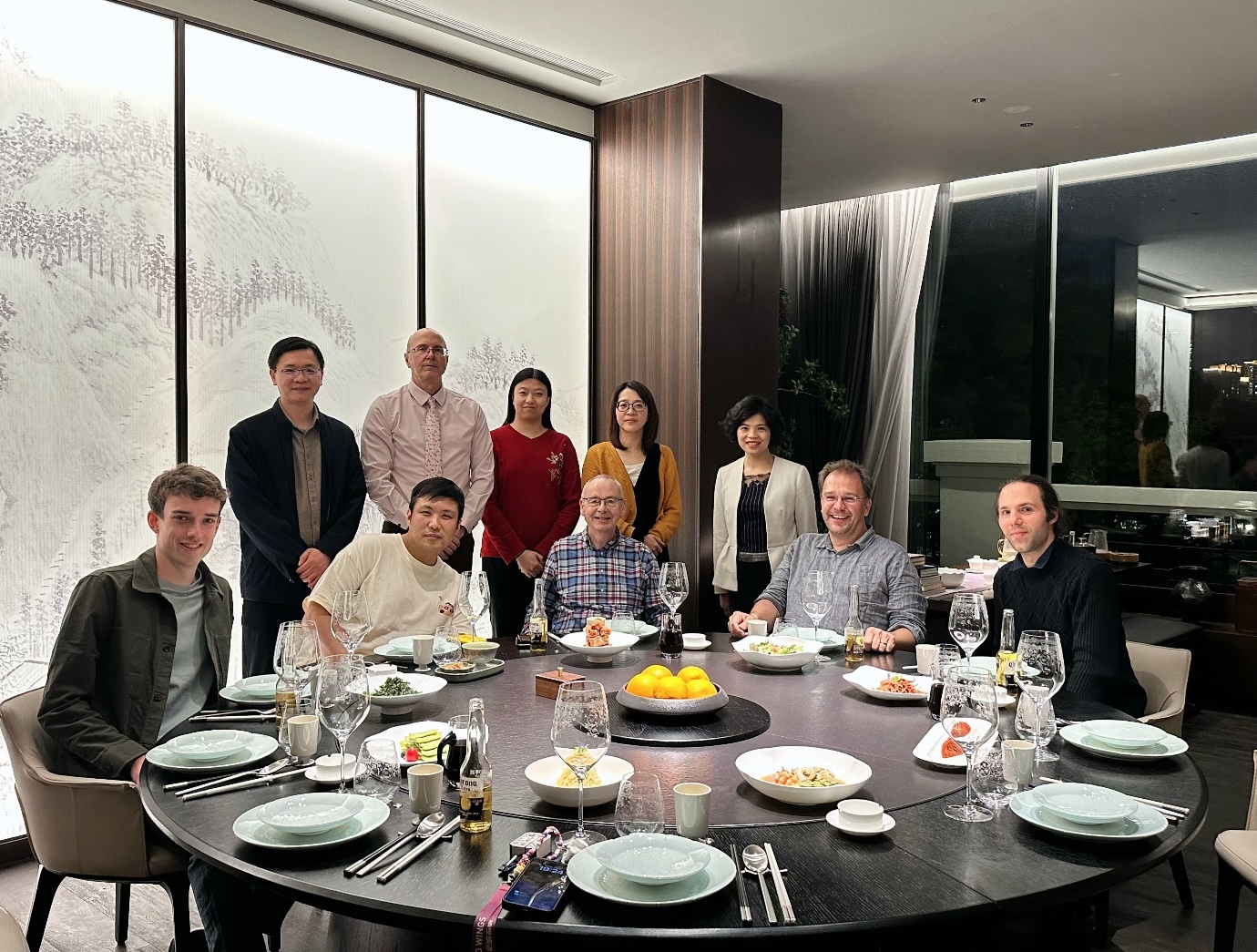
Figure 6. Photo in Suzhou
I am not sure where the future will take me. But my time at XJTLU showed me that the future will be diverse and full of change. The Department of Chemistry has evolved, with some parts forming the Wisdom Lake Academy of Pharmacy, and others becoming the Department of Chemistry and Materials Science in the growing and dynamic School of Science. The teaching model at XJTLU has also changed greatly. The Department now has not one but two exciting undergraduate degrees – BSc in Applied Chemistry, led by Dr. Yi Lin, Program Director (Yi.Lin@xjtlu.edu.cn) and a brand new BEng in Materials Science and Engineering, led by Dr. Tianhong Gu (Tianhong.Gu@xjtlu.edu.cn). I encourage students who may interested and passionate in these two amazing disciplines to contact the Program Directors. As for me, I believe scientific research will develop in the same way, with an ever evolving landscape and more possibilities and new ideas. I hope to witness these changes and to be part of them.
Content from: Professor Li Yang
Review: Professor John Moraros
19 May 2025
